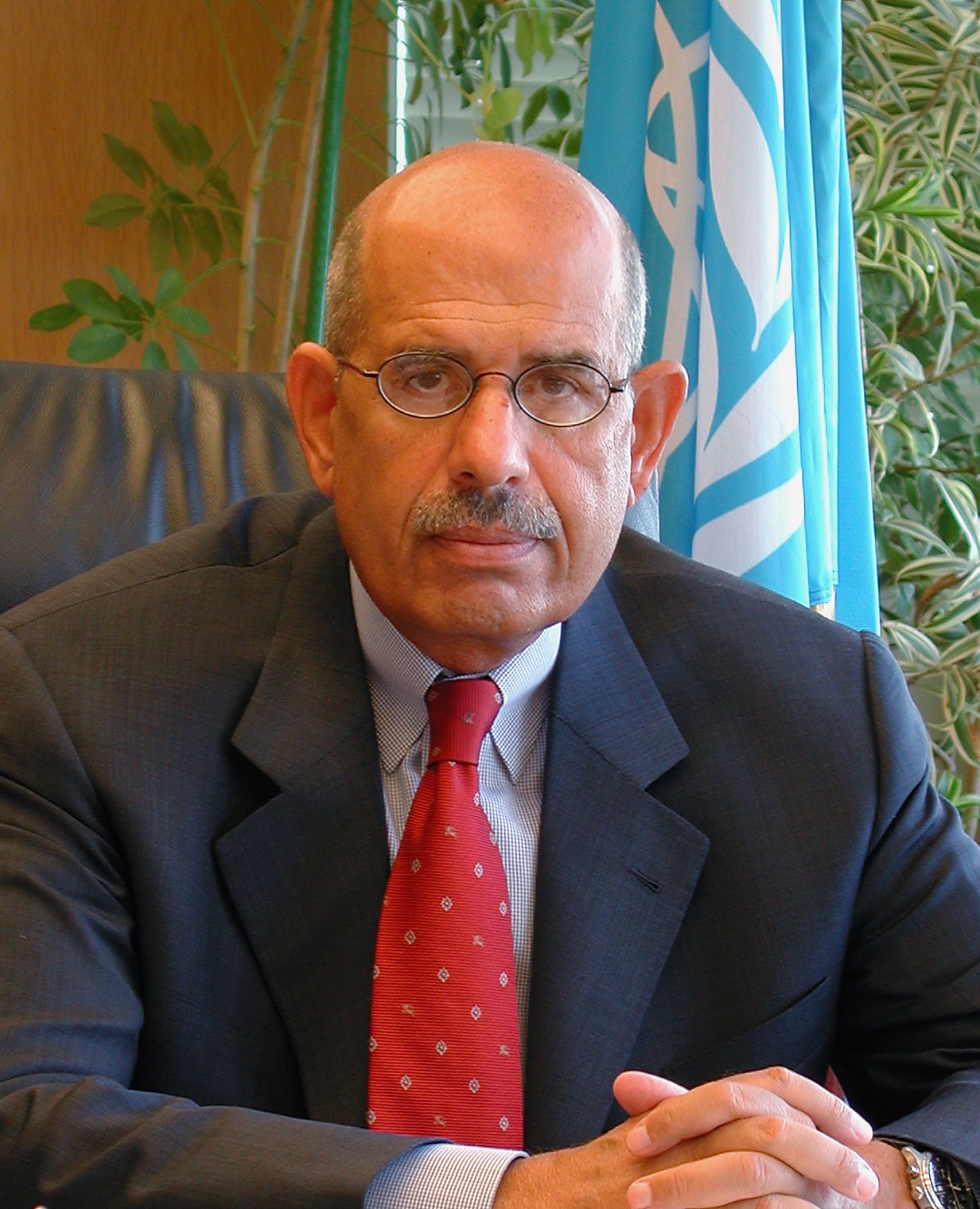OPINION
Morsi has left Egypt on the brink
It is Friday evening in Tahrir Square. The smell of tear gas hangs in the air. We have completed three protest marches in a week, and many are settling down to spend the night. I find myself asking, “After 23 months of struggling to bring democracy to Egypt, is this the best we can do? A president claiming dictatorial powers. A parliament packed with Islamists. And a draft constitution, hastily cobbled together without basic protections for women, Christians and all Egyptians?”
What has gone wrong? The army, keen to protect its perks and to avoid prosecution, botched the post-revolutionary transition. It allowed the Muslim Brotherhood, eager to take advantage of its 80-year-old field organisation, to rush parliamentary elections. The outcome was a landslide victory for the Islamists, far beyond their real power base. The constitutional court, after review, dissolved this non-representative parliament.
A political fist-fight ensued, as the new president and the military junta fought over who had ultimate power. The president landed the knockout punch, staging a soft coup against the generals and adding legislative power to his executive role. His latest sweeping declaration neutered the judiciary and forbade any review of his decrees. Mohamed Morsi’s power now exceeds that of Hosni Mubarak at his dictatorial peak.
Meanwhile the Brotherhood had packed the constituent assembly, which is charged with drafting a new constitution, with Islamists. In protest, the representatives of the liberal parties, minorities and other factions of civil society withdrew. The assembly has since produced a document that violates freedom of religion and freedom of speech, and fails to check executive power. The assembly is also pressing to enable religious institutions to challenge the judiciary.
And thus we are back in Tahrir Square. The situation is volatile: an Egypt bitterly divided between Islamists and the rest of the country, opening the door for scenarios such as army intervention, a revolt of the poor, or even civil war. Fear grips the majority of Egyptians, who want a true democracy rather than a theocratic state. The judiciary has gone on strike. The youth who led the revolution are determined: they did not take risks and make sacrifices – including lost lives – to exchange secular dictatorship for religious tyranny. Their fight was, and is, to bring freedom and dignity to the Egyptian people.
The country is threatened by four time bombs that have emerged under the leadership of the military and now the Brotherhood. Our economy is in free-fall; at the present pace we will default in six months, especially if the recent instability jeopardises a loan from the International Monetary Fund. Law and order remain elusive, and the impact on tourism and foreign investment is severe. Northern Sinai is turning into a battleground, threatened by jihadist groups coming from Afghanistan and elsewhere. And now, with the uproar over the draft constitution, the country is dangerously polarised.
Almost all non-Islamist political parties have united under a “National Salvation Front”, positioning me as the co-ordinator. Ironically, the revolutionaries who got rid of Mr Mubarak are now supported by members of his old party, united in opposition to the vague “Islamic Project” that Mr Morsi and his supporters want to make of our country.
We are pressing Mr Morsi to rescind his latest draconian, self-serving decree, which has been condemned by the UN, many governments and international civil rights groups. We are rejecting as illegitimate the draft constitution and urging the president not to put it to a referendum. We are calling for the Brotherhood to begin a dialogue with all parties on how to address Egypt’s daunting challenges, and to agree on a new, representative constituent assembly to draft a constitution that befits a democracy. Otherwise, we are heading into uncharted waters.
Almost two years ago Egypt experienced an awakening. Incredibly, President Morsi and the Brotherhood believe that, with a few strokes of a pen, they can slide us back into a coma. That will not happen. If they continue to try, they risk an eruption into violence and chaos that will destroy the fabric of Egyptian society.
The writer, former head of the International Atomic Energy Agency, is head of the Al-Dostour (Constitution) party



